2017 | A Year of Digital Learning
The 2017 Year in Review – Education Highlights
At this time of year, we reflect on the major events that have influenced our  lives and industry. Our news outlets will share their highlights of 2017 from weather to politics but there were also lesser known discoveries and events that should be remembered. NASA reported that there was a new planet that could support life and then there was the exciting finding of a new chamber inside the pyramids of Giza for example. There were also significant developments in the intersecting worlds of technology and education.
lives and industry. Our news outlets will share their highlights of 2017 from weather to politics but there were also lesser known discoveries and events that should be remembered. NASA reported that there was a new planet that could support life and then there was the exciting finding of a new chamber inside the pyramids of Giza for example. There were also significant developments in the intersecting worlds of technology and education.
E-Learning Recap 2017
- The hottest development was the expansion of Augmented Reality (AR) and Virtual Reality (VR) apps for the education marketplace. Students were transported to other worlds or dropped into the human body to explore its complex systems. There was also an increase in capacity for students to create in the AR and VR spaces with sites like Co.Spaces. Check out these 20 VR apps that had a big impact in 2017.
- Chromebook is now King and Queen! Cheap hardware with a suite of online, collaborative digital tools attracted schools to adopt Google as the #1 supplier of educational technology in 2017. This was not without critics who point to the fact that students are being shepherded into becoming lifelong Google customers as they transfer their school accounts to private ones upon graduation. Read More: “How Google Took Over the Classroom.”
- Siri, Alexa and “Ok Google” have become common ways of interacting with technology and much of the Artificial Intelligence (AI) that makes these on-command applications work also has the potential to improve teaching and learning. Follow this link to read about 5 examples of how AI is being used in grading and tutoring applications to free up valuable time for teachers and improve the speed of services for students. We are incorporating AI into our new educational applications platform.
- Blockchain (n0t to be confused with Bitcoins) made waves in 2017 with its use in the financial sector but it has great potential with credentialing and securing student records in academia. If you are not familiar with blockchain software, check out this great blog and video that IBM has created to explain it. While blockchain has not made its way into the K-12 classroom (yet), universities and online learning platforms are piloting its use and it has the potential to help bring digital badging and online diplomas to a universally recognized position in academia. Familiarize yourself with it now because it may have an impact on education very soon!
- Dig-It Games made waves by building a revolutionary platform for data reporting from digital learning games. The platform is called Game-Based Learning Experience API or GBLxAPI for short. This National Science Foundation (NSF) funded project aims to build a reporting language for all video games to use to report student data as well as create a protocol for collecting and reading the data. It aims to streamline all data from various online-learning games and platforms so that schools and teachers can analyze data in a single dashboard owned by the school district (not the edtech companies). We made great progress this year and partnered with other game companies to implement it in 2018. Stay tuned!
Game-Based Learning
In 2017, many students had a lot of energy around getting a Nintendo switch and their parents expended a lot of energy expressing disappointment that Nintendo stopped selling the classic NES system. There was also major gaming news in the classroom. Kahoot released a great year-end review of the trends that they witnessed with their customers such as a surge of search requests for Math content, an increase in adoption of Google Chromebooks and a rise in the use of BYOD (bring your own devices) in many classes. Increases in BYOD is exciting news because it opens new venues of interactivity such as incorporating social media and virtual reality into the classroom. But an important aspect of bringing more hardware into the classroom is finding high quality games to play!
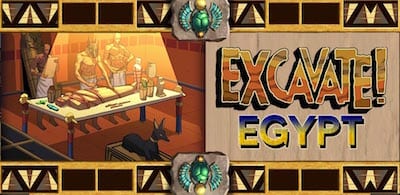 We are proud to announce that Dig-iT! Games released 5 games in 2017 which will prove to be a valuable experience and resource for all World History classes. The Excavate! video game series extends our innovation approach to incorporating the STEM field of Archaeology into Social Studies and History courses by challenging students to dig up ancient artifacts and then analyze them for key concepts about ancient civilizations. We released Excavate! Mesopotamia, Excavate! Egypt, Excavate! Greece, Excavate! Rome, and Excavate! Mesoamerica. Each game is accompanied by high quality supporting curricular materials help facilitate each game’s use in the classroom. We also released ExoTrex 2 challenging students to search for a new planet like the one NASA found this year.
We are proud to announce that Dig-iT! Games released 5 games in 2017 which will prove to be a valuable experience and resource for all World History classes. The Excavate! video game series extends our innovation approach to incorporating the STEM field of Archaeology into Social Studies and History courses by challenging students to dig up ancient artifacts and then analyze them for key concepts about ancient civilizations. We released Excavate! Mesopotamia, Excavate! Egypt, Excavate! Greece, Excavate! Rome, and Excavate! Mesoamerica. Each game is accompanied by high quality supporting curricular materials help facilitate each game’s use in the classroom. We also released ExoTrex 2 challenging students to search for a new planet like the one NASA found this year.
Game-based learning and Gamification are both listed as trends in education for 2017 and beyond. We are proud to be a part of this exciting development by offering a high quality and engaging game series. Contact us today to review any of our newest games!
Have a great 2018!

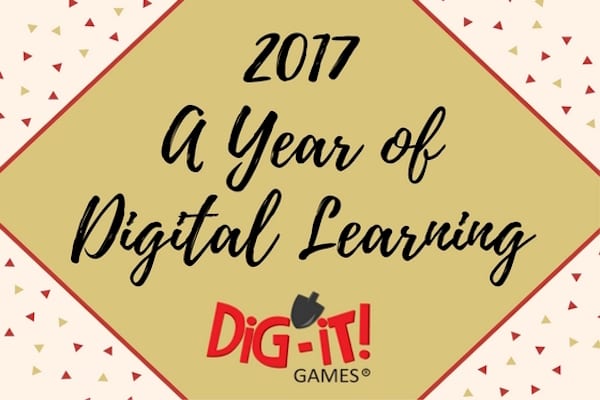
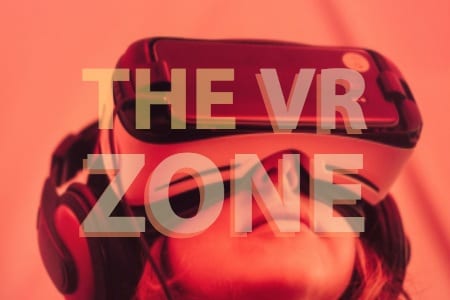
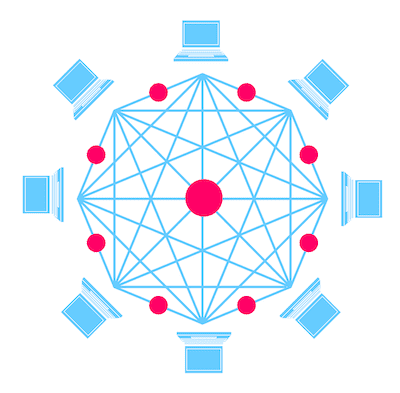

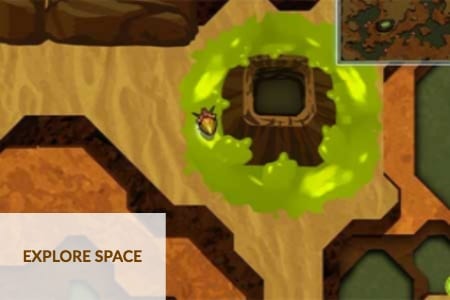



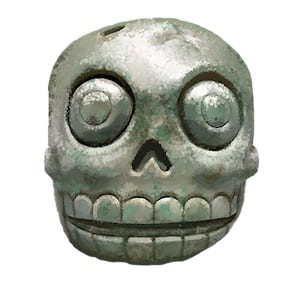
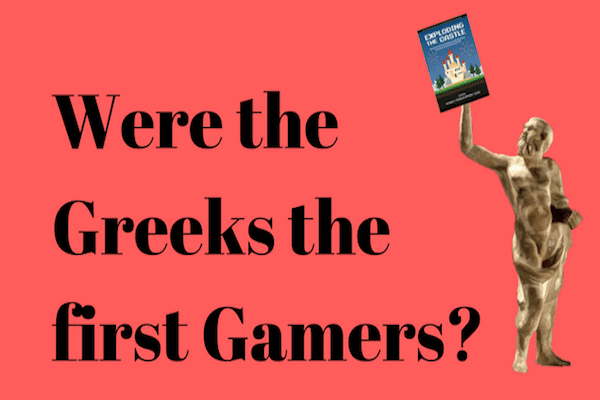
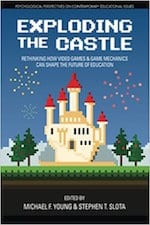


 Ask a teacher what gifts they want for Christmas and they might smile and say any of the following:
Ask a teacher what gifts they want for Christmas and they might smile and say any of the following:
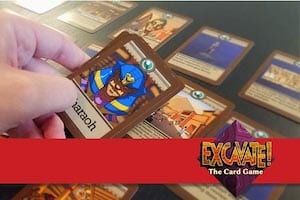 Have a history teacher to buy for? Or have a child that loves history? Check out our Excavate! Card Game. It’s a great way for students to make connections with ancient artifacts. Buy a few decks to make sure the entire class can enjoy! Check them out
Have a history teacher to buy for? Or have a child that loves history? Check out our Excavate! Card Game. It’s a great way for students to make connections with ancient artifacts. Buy a few decks to make sure the entire class can enjoy! Check them out 
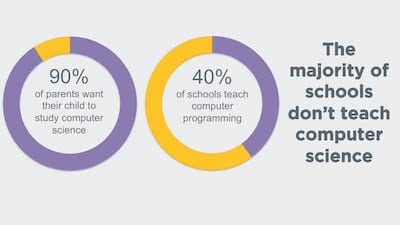 Computer Science Education Week
Computer Science Education Week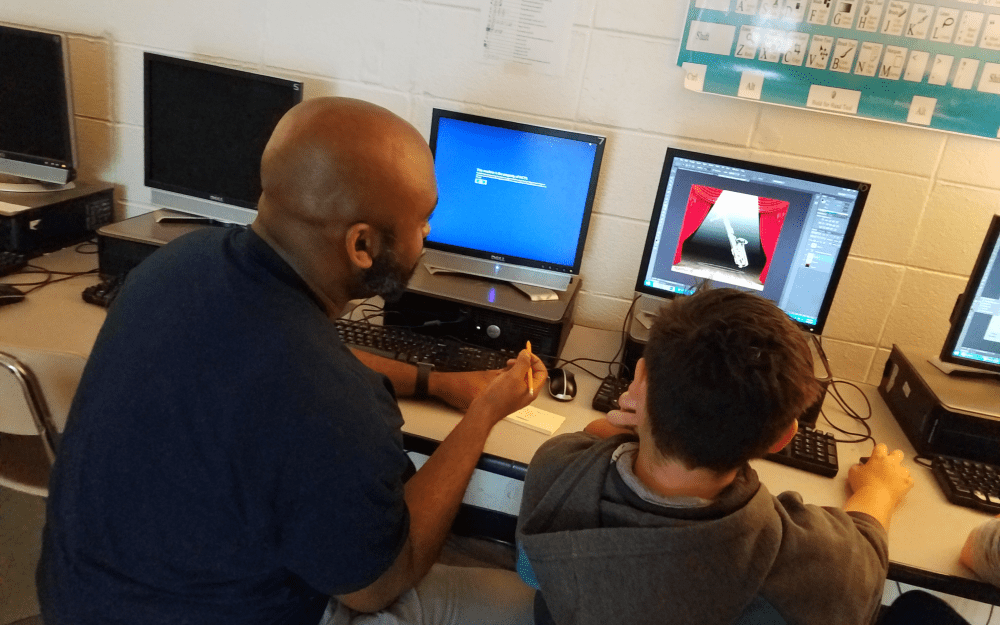
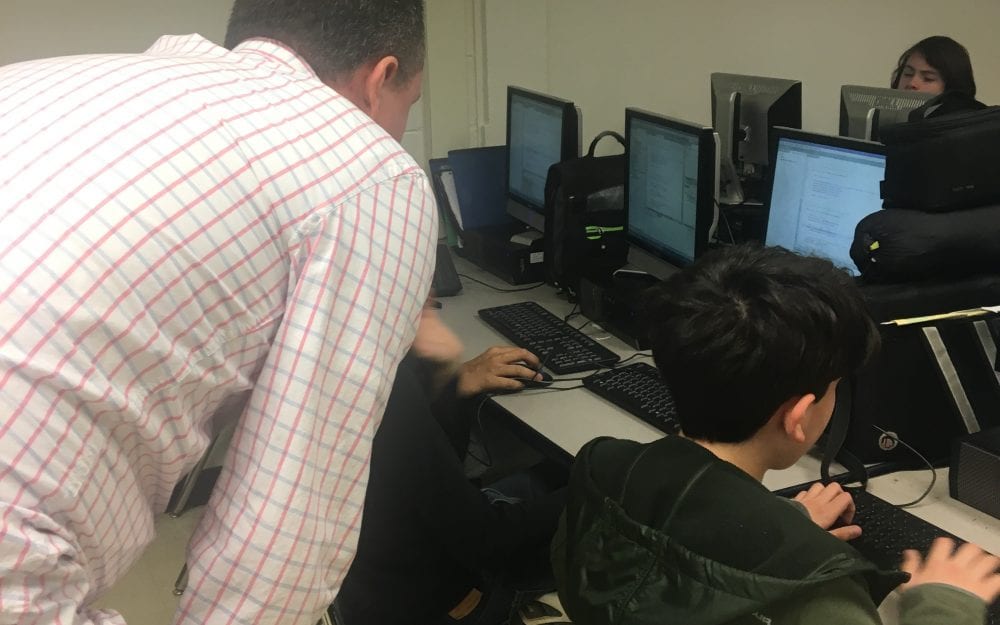
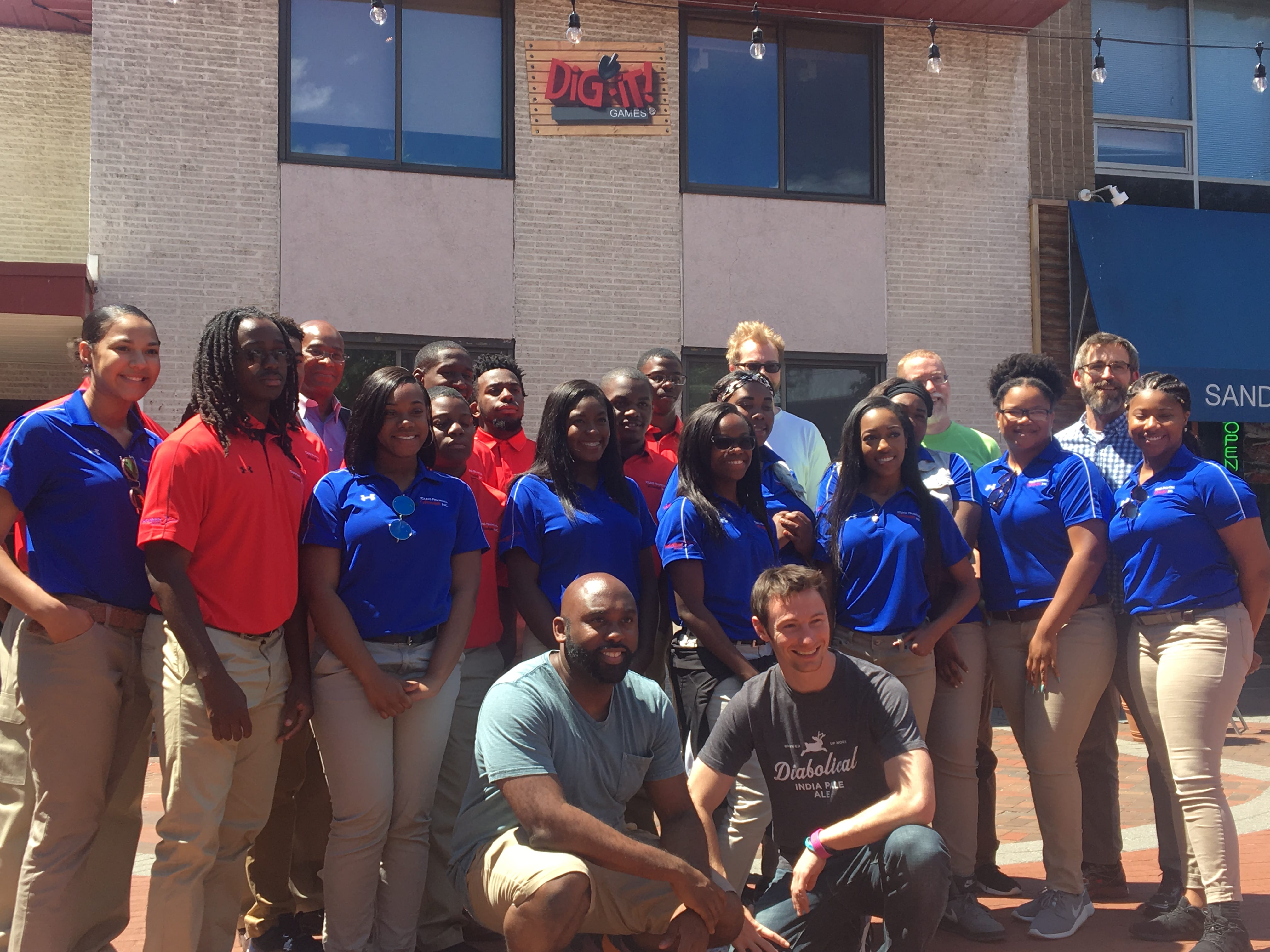
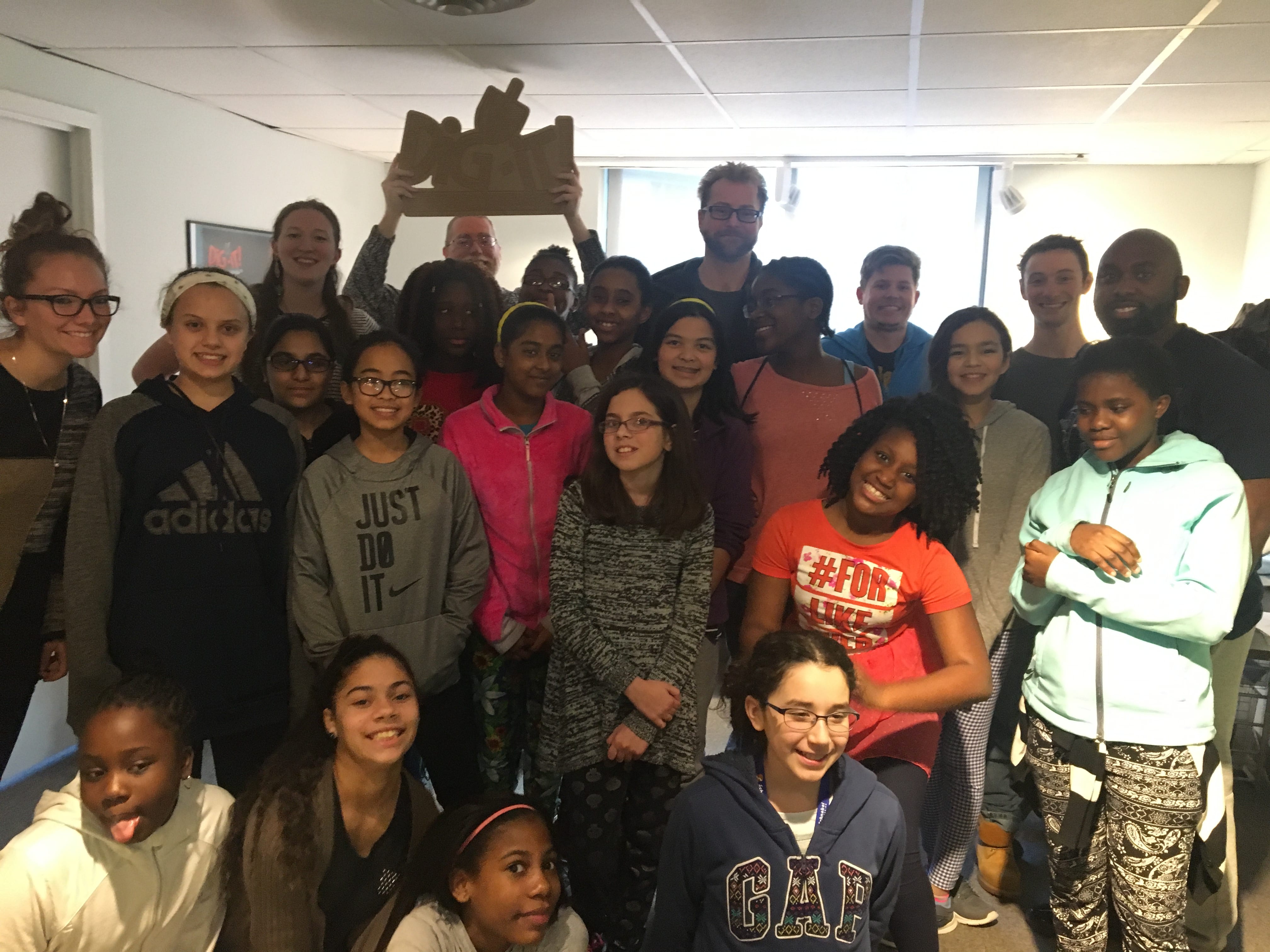
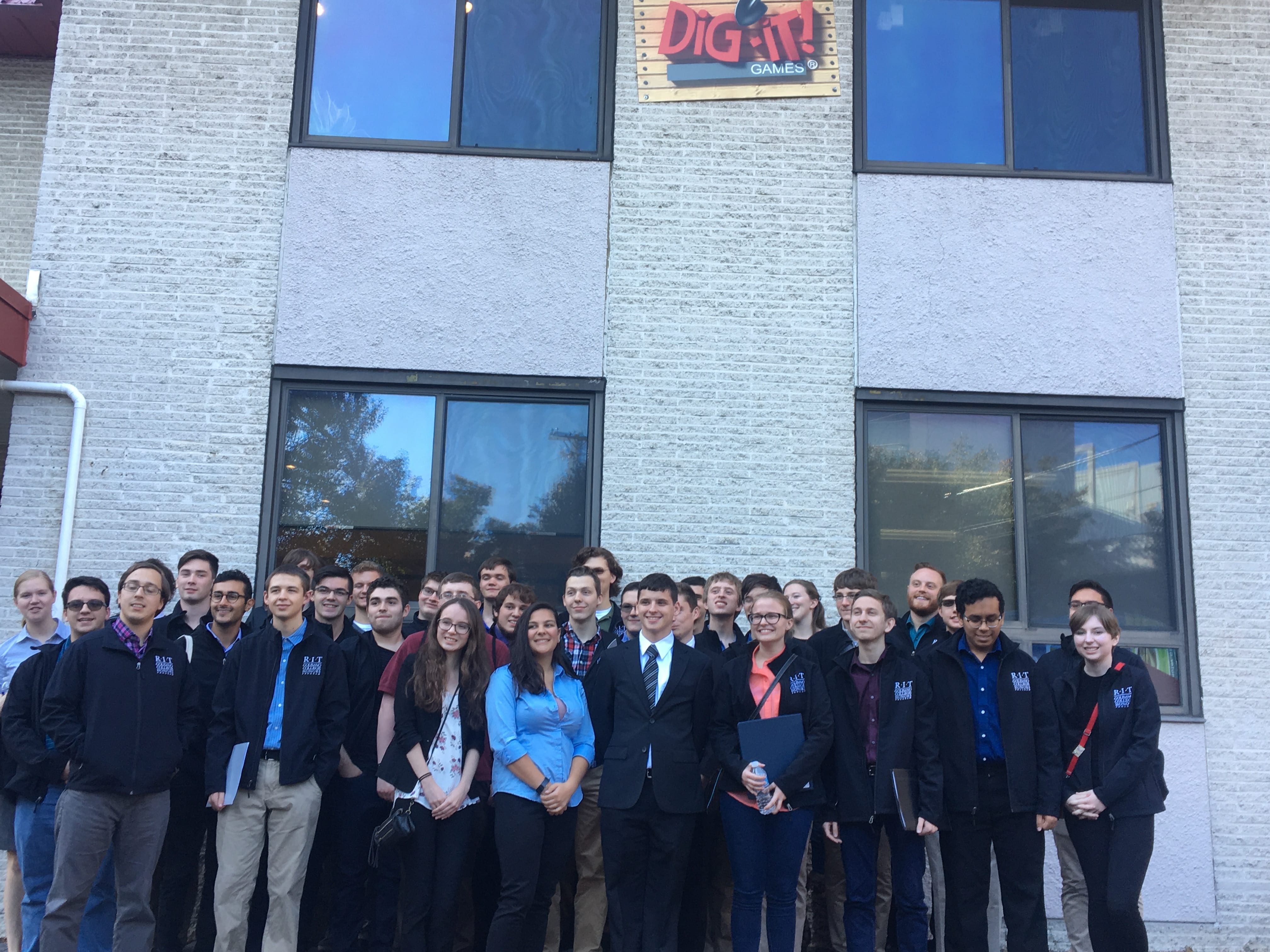
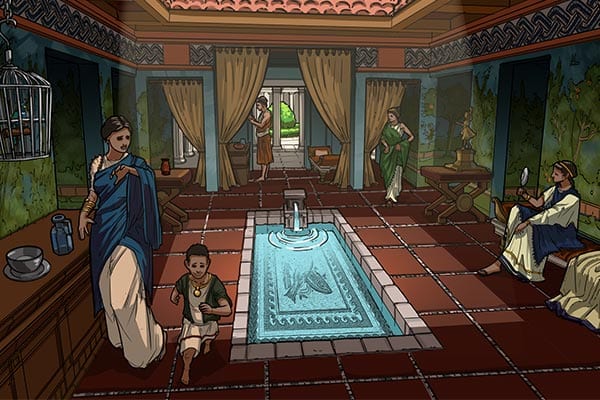
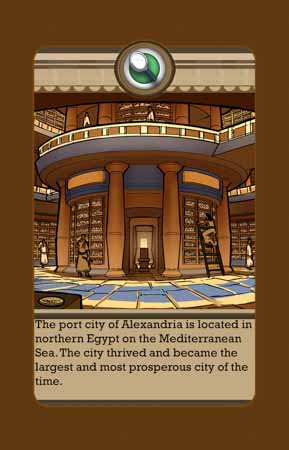

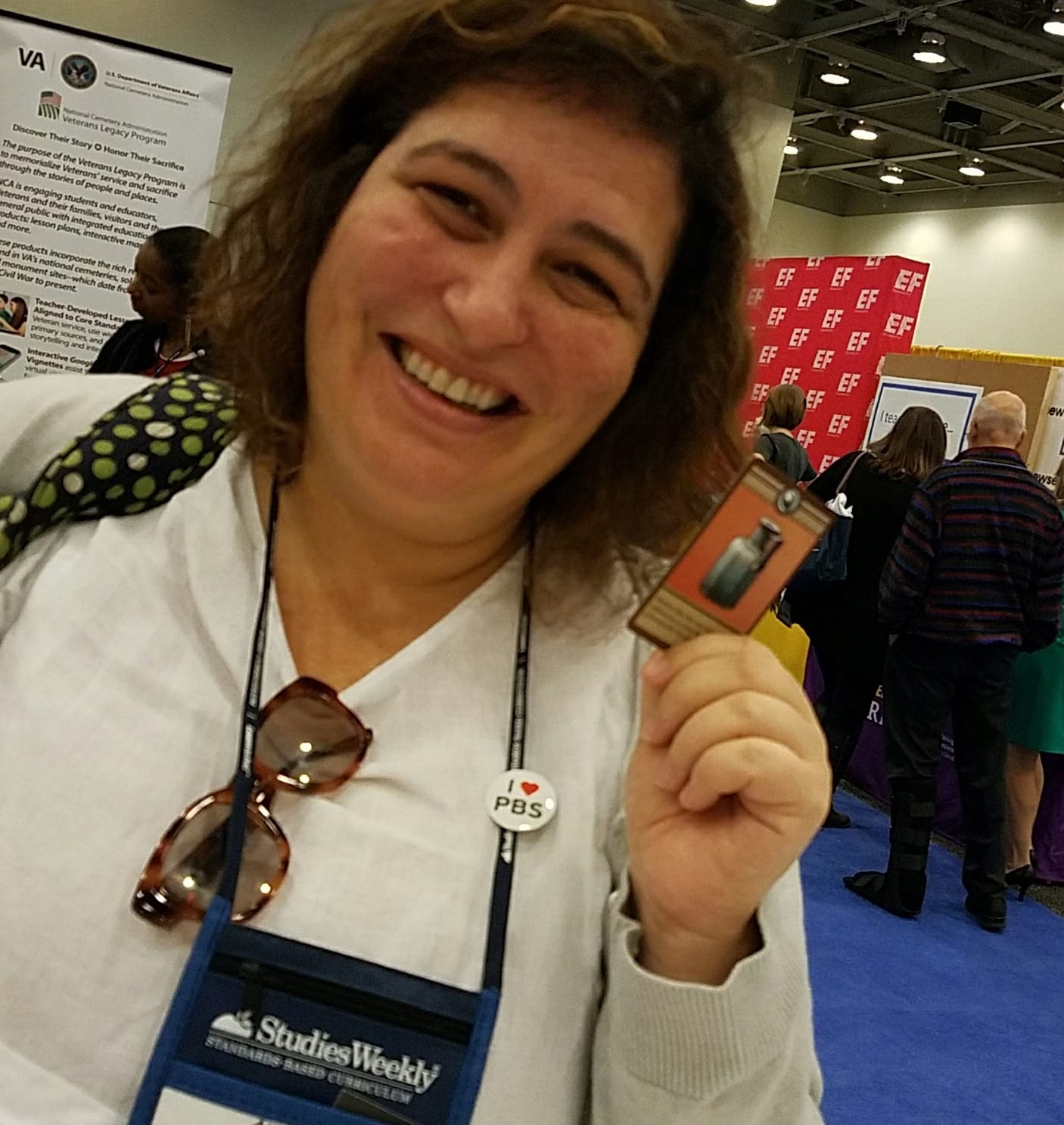
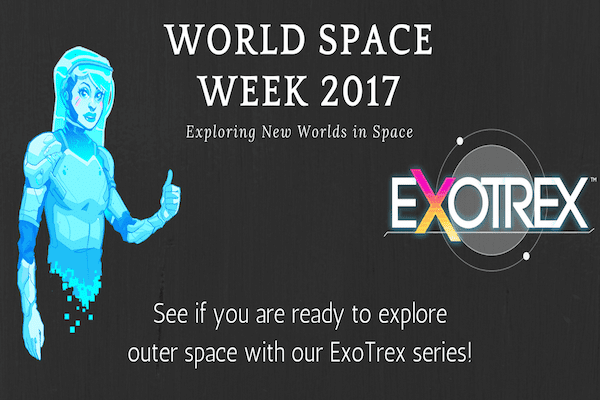
 This week marks
This week marks 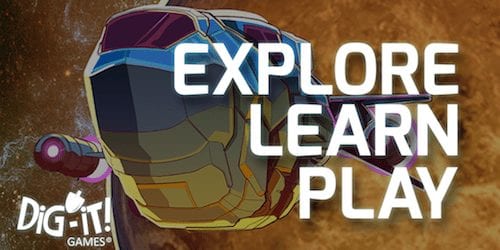
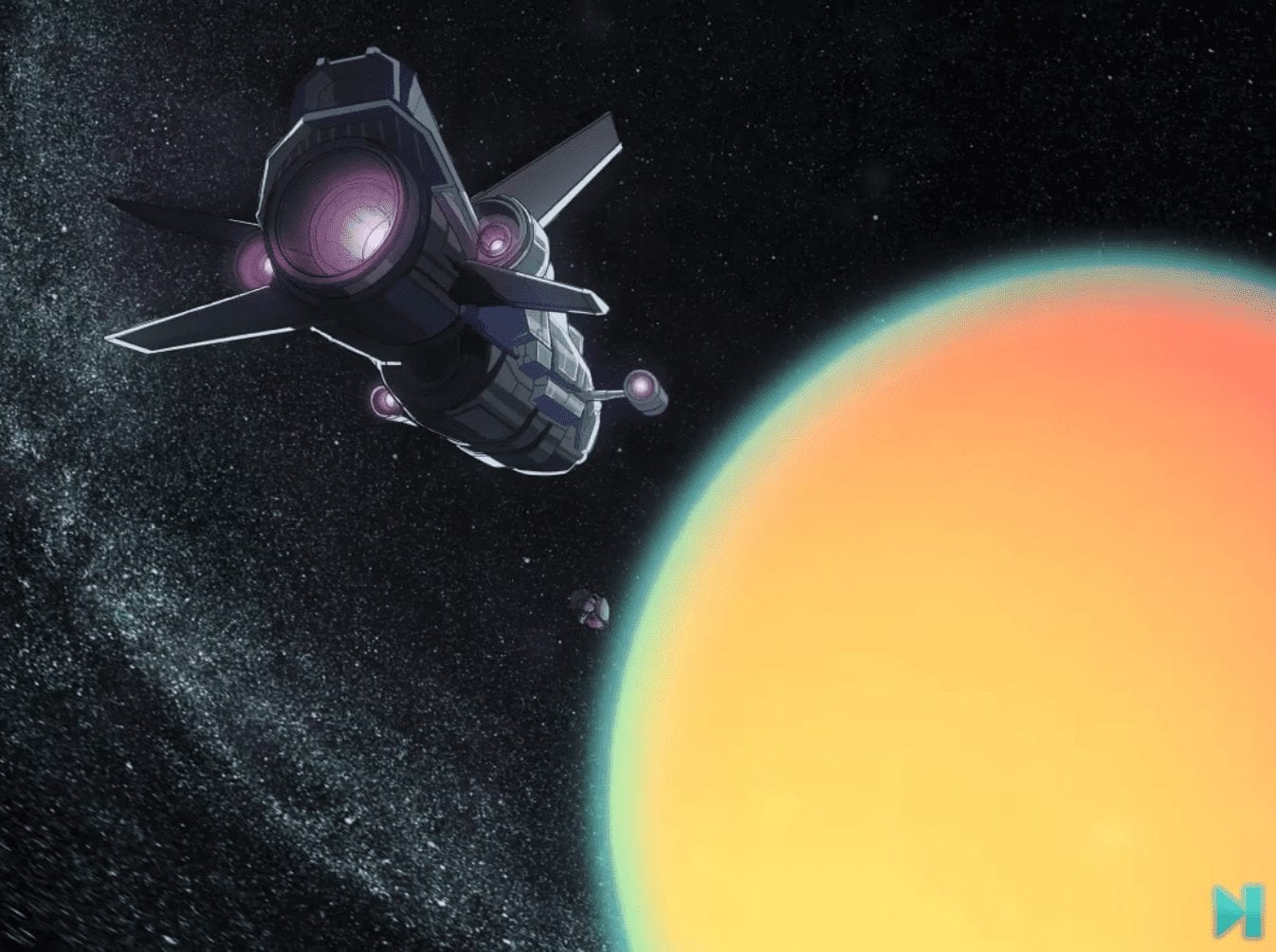
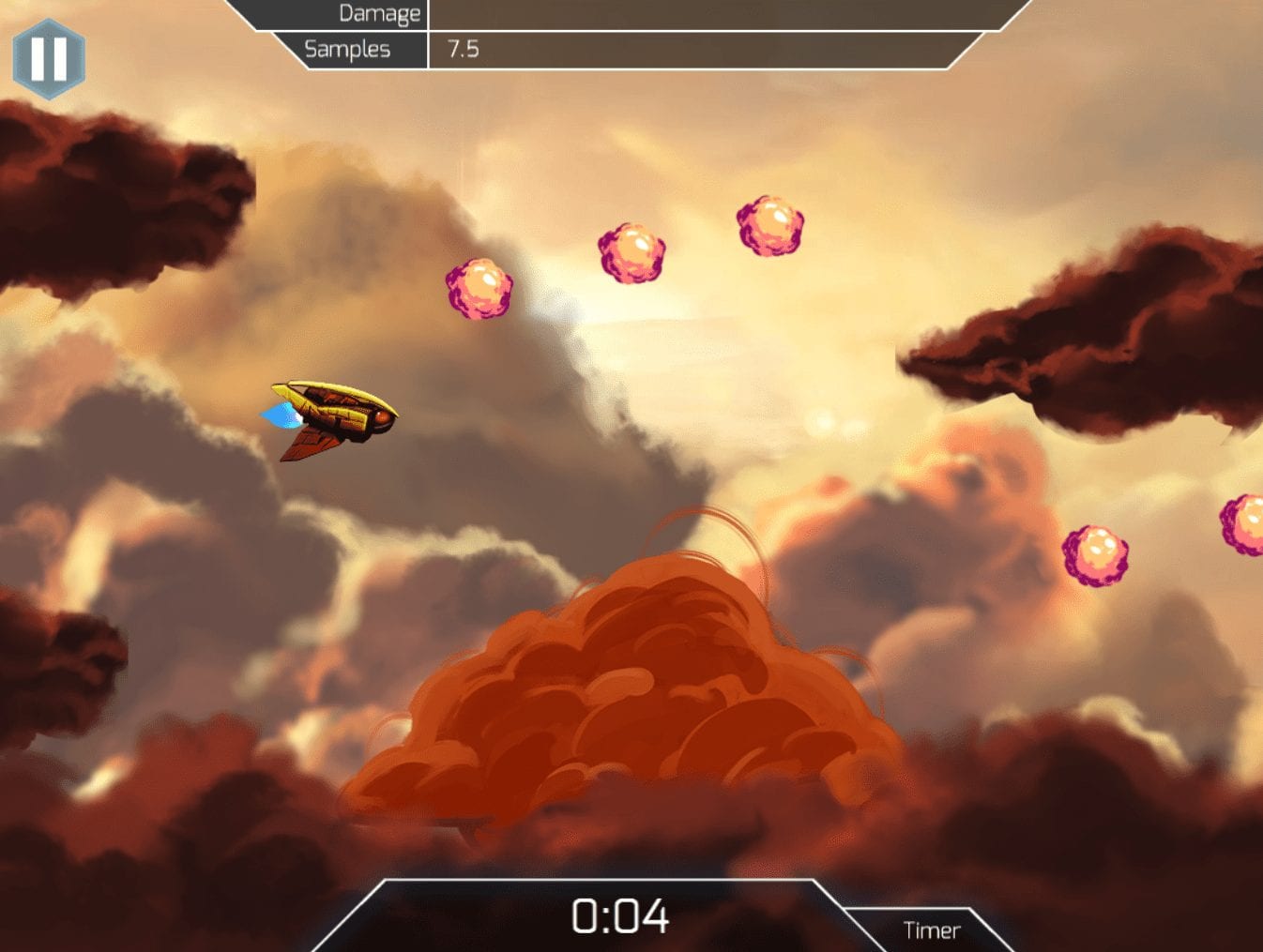
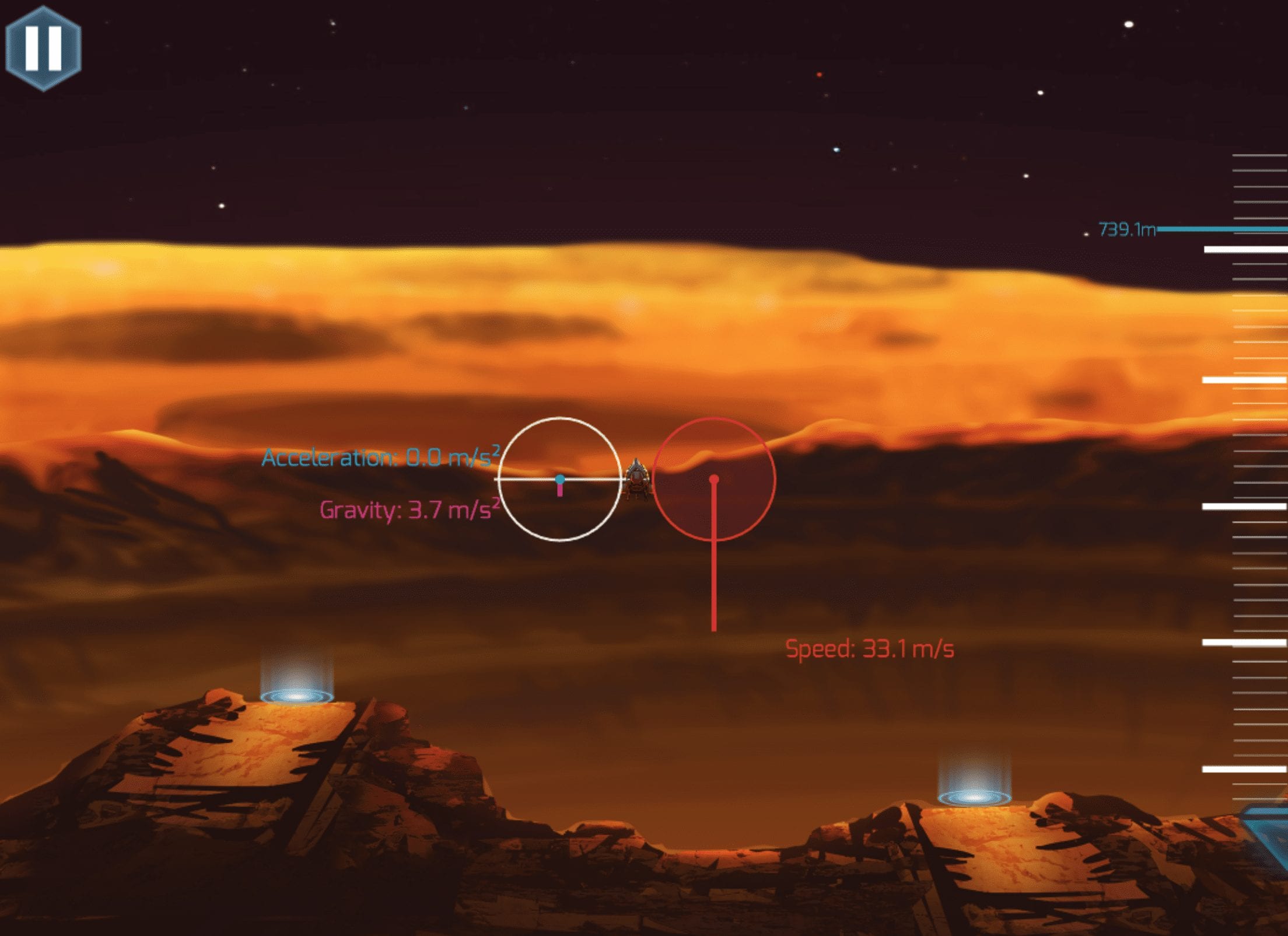

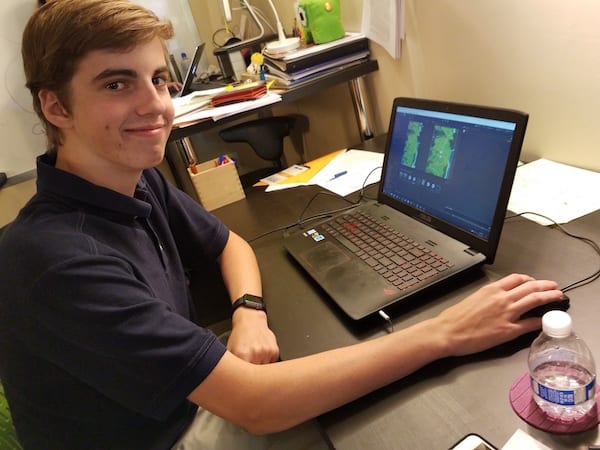 My name is Matt Schneider, and I will be a senior at St John’s College High School in DC in just a couple weeks. Since I am interested in going into the Computer Science field I decided to look for an internship that would get my foot in the door. I was a beta tester for Dig-It! Games this past year so I applied for an internship here to get more coding experience.
My name is Matt Schneider, and I will be a senior at St John’s College High School in DC in just a couple weeks. Since I am interested in going into the Computer Science field I decided to look for an internship that would get my foot in the door. I was a beta tester for Dig-It! Games this past year so I applied for an internship here to get more coding experience.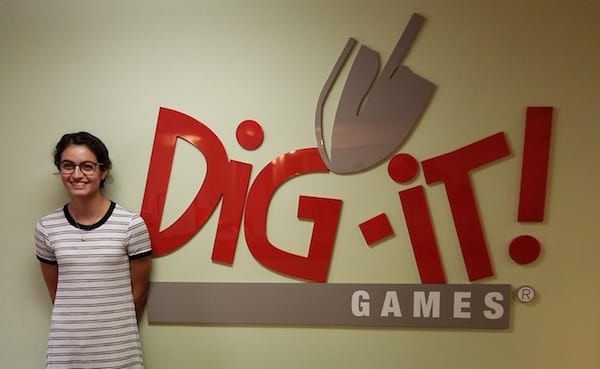 My name is Haley, and I am a rising junior at George Washington University, majoring in Archaeology. I have been working at Dig-It! Games for over a year but this summer I have been working in the office, rather than solely from my computer back at campus. Working in-house has been a great experience that I wish lasted longer than a three-month summer. Dig-It! Games is an exciting workplace that thrives on collaboration and I like being a member of that dynamic. There are three main departments: development, art, and education. I work within the education department.
My name is Haley, and I am a rising junior at George Washington University, majoring in Archaeology. I have been working at Dig-It! Games for over a year but this summer I have been working in the office, rather than solely from my computer back at campus. Working in-house has been a great experience that I wish lasted longer than a three-month summer. Dig-It! Games is an exciting workplace that thrives on collaboration and I like being a member of that dynamic. There are three main departments: development, art, and education. I work within the education department.